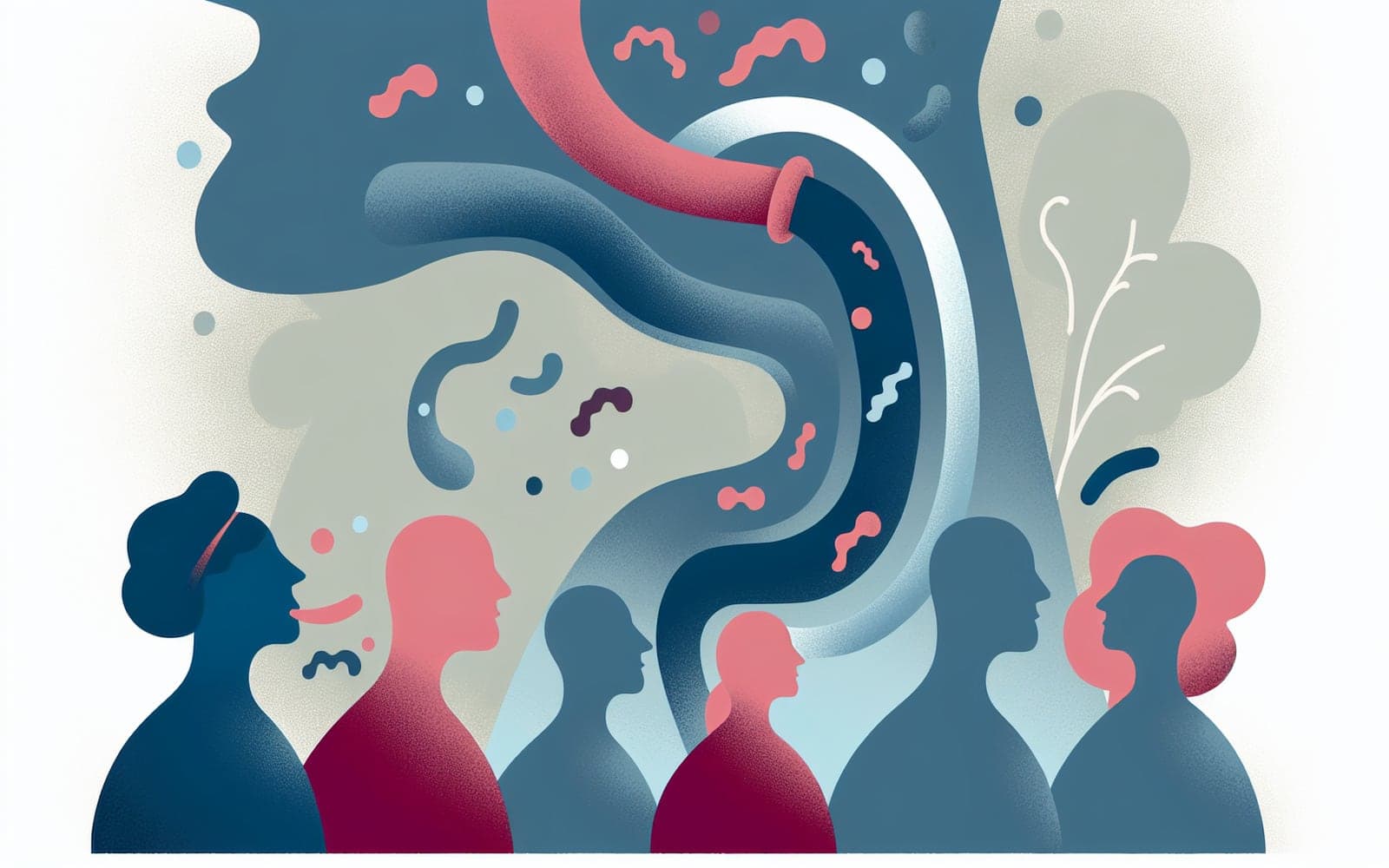What Is Achalasia and How Can It Be Managed?
Published: Jan 19, 2024

Medically reviewed by Alan Lucks | MD, Alan Lucks MDPC Private Practice - New York on January 19th, 2024.
Achalasia is a rare condition where the esophagus loses its ability to move food down to the stomach. This article explores its causes, symptoms, and management strategies.
Contents
What Causes Achalasia?
Achalasia happens when nerves in the esophagus degenerate, leading to problems with swallowing. The lower esophageal sphincter (LES) fails to relax, causing food to back up in the esophagus. While the exact cause is unknown, it's thought to involve autoimmune factors or viral infections.
Recognizing the Symptoms
People with achalasia often experience difficulty swallowing, chest pain, and regurgitation of undigested food. Symptoms can appear gradually and worsen over time, making early diagnosis challenging but crucial for effective management.

Diagnosis of Achalasia
Doctors diagnose achalasia using tests like high-resolution manometry, which measures muscle contractions in the esophagus. Other diagnostic tools include barium swallow X-rays and endoscopy to check for any abnormalities in the esophagus.
Frequently Asked Questions
Achalasia is a condition affecting the esophagus, making swallowing difficult.
Diagnosis involves high-resolution manometry and other imaging tests.
Common symptoms include difficulty swallowing and chest pain.
Key Takeaways
Understanding achalasia's symptoms and causes is key to managing this condition effectively.
Interested in learning more? Talk with Doctronic about achalasia today!Related Articles
References
Zaninotto G, et al. The 2018 ISDE achalasia guidelines. Dis Esophagus 2018; 31.
Vaezi MF, et al. ACG Clinical Guidelines: Diagnosis and Management of Achalasia. Am J Gastroenterol 2020; 115:1393.
This article has been reviewed for accuracy by one of the licensed medical doctors working for Doctronic. Always discuss health information with your healthcare provider.

